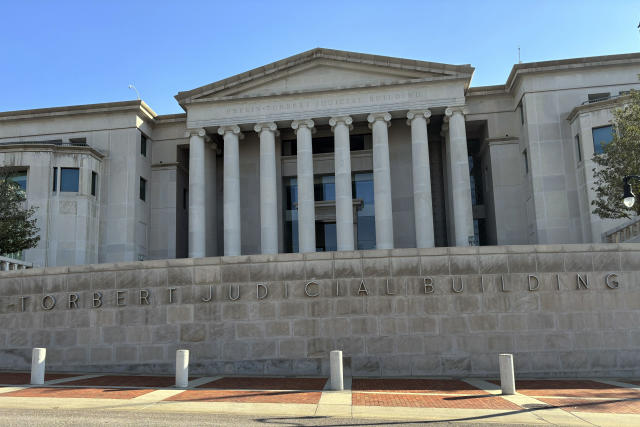Alabama Embryo Ruling: Major Hospital Halts IVF, Raising Alarm Bells Nationwide
Frozen Embryos as "Children": Alabama Ruling Halts IVF, Sparks Nationwide Fears

IVF: Cincinnati, OH (February 23, 2024): The ripple effects of the Alabama Supreme Court’s decision classifying frozen embryos as “children” are starting to show. Alabama’s largest hospital, UAB Hospital, has halted all in vitro fertilization (IVF) treatments, citing concerns over potential criminal charges and lawsuits stemming from the controversial ruling.
Key takeaways:
- IVF on hold in Alabama: UAB Hospital, fearing legal repercussions, suspends all IVF procedures.
- Nationwide implications: Experts warn similar laws in other states could trigger similar rulings, jeopardizing access to IVF across the country.
- Increased liability for doctors: The ruling exposes healthcare providers to wrongful death lawsuits, making them wary of offering IVF.
- Financial burden on families: Storage fees and potential legal battles raise affordability concerns for IVF patients.
- Ethical quandaries: Defining an embryo’s “best interest” could impact genetic testing and embryo discarding practices.
Concerns ripple beyond Alabama:
This landmark decision has sent shockwaves through the medical and legal communities. Legal experts like Judith Daar, Dean of the Chase College of Law at Northern Kentucky University, highlight the chilling effect it could have on fertility care nationwide. “The Kentucky Wrongful Death Act shares similar language with Alabama’s,” Daar explains, “raising concerns that other states could follow suit, severely impacting patient access to IVF.”
Impact on patients and providers:
The financial and legal implications for both patients and healthcare providers are significant. Families seeking IVF might face skyrocketing costs due to increased storage fees and potential legal battles. Doctors, on the other hand, are likely to become even more risk-averse, potentially limiting their willingness to offer IVF services.
Ethical complexities:
The “best interest” clause introduced by the ruling further complicates the ethical landscape surrounding embryos. Decisions regarding genetic testing and discarding embryos could face legal challenges, creating immense uncertainty for families trying to make informed choices.
The future of IVF:
The Alabama Supreme Court’s decision has undeniably thrown the future of IVF into question. Its potential national reach necessitates close monitoring of legal developments in other states. As the debate continues, ensuring equitable access to affordable and ethical fertility care remains paramount.
Stay informed:
This is a rapidly evolving issue with significant implications for reproductive rights and healthcare access. Be sure to follow trusted news sources for updates and engage in thoughtful discussions about this complex topic.
Share your thoughts:
What are your concerns about the Alabama ruling and its potential impact? Do you believe other states could follow suit? Share your thoughts in the comments below.
Read More: Don’t Miss Out! Grab These Free Games Before They’re Gone
E-paper: Divya Sandesh



